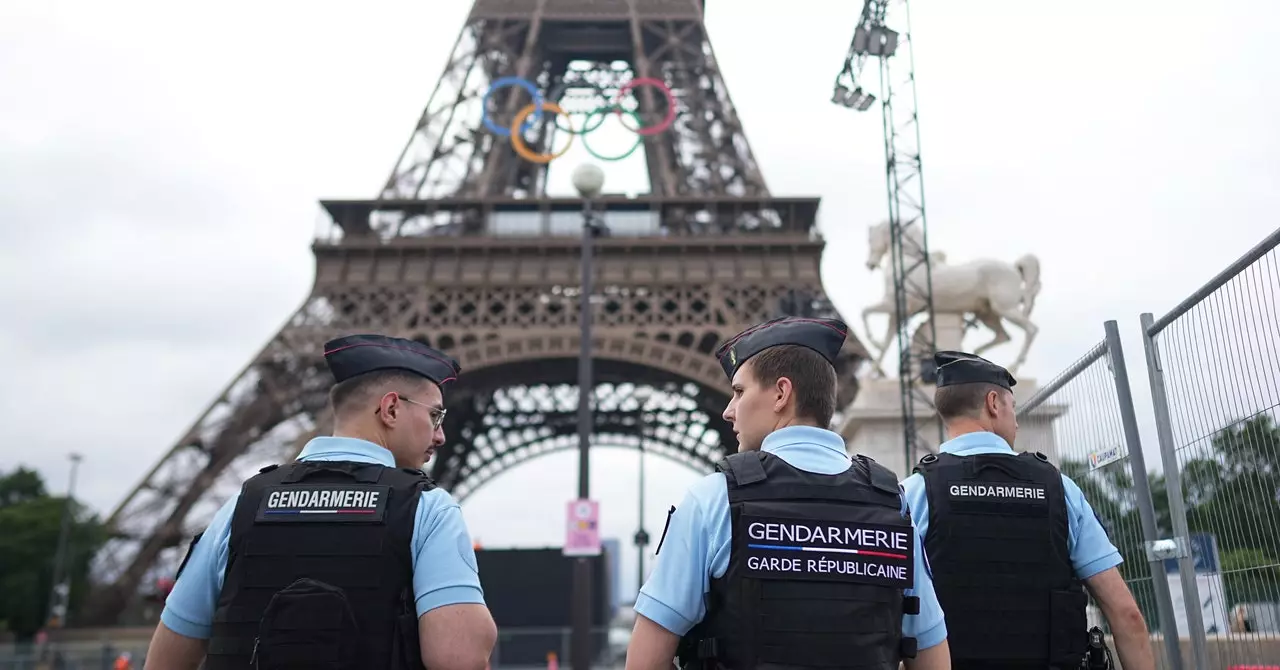The use of AI surveillance systems in Paris has sparked a debate on the impact it has on personal freedoms. Matthias Houllier, the co-founder of Wintics, a French company that won a contract to deploy algorithms at the Olympics, believes that transforming CCTV cameras into a powerful monitoring tool is essential due to the sheer volume of cameras present in public spaces. The company’s initial success in Paris involved gathering data on cyclists through traffic cameras, which later evolved into monitoring crowds and detecting potential incidents such as people falling.
Houllier emphasizes that the algorithms developed by Wintics focus on analyzing shapes in public spaces without infringing on personal privacy by avoiding facial recognition, license plate tracking, or behavioral analytics. However, privacy activists like Noémie Levain argue that collecting images of people inherently involves analyzing personal and biometric data, which raises concerns similar to those associated with facial recognition technology. While Wintics aims to enhance security without compromising personal freedoms, Levain fears that the widespread use of AI surveillance systems could lead to an authoritarian capture of public spaces.
Levain’s concerns extend beyond the temporary deployment of AI surveillance during the Olympics, as she worries that these systems will become a permanent fixture in Paris, enabling law enforcement and security services to impose surveillance on a broader scale. She highlights the potential for these algorithms to perpetuate existing biases and discriminatory practices within policing, leading to increased profiling and harassment of certain communities. As discontent grows among residents facing disruptions due to security measures, the lasting impact of AI surveillance on the city’s social fabric is a cause for concern.
The tension between security benefits and personal freedoms is at the heart of the debate surrounding AI surveillance systems in Paris. While proponents argue that these technologies are crucial for maintaining public safety during major events like the Olympics, critics point to the potential erosion of civil liberties and the normalization of constant surveillance in public spaces. As the city grapples with the implications of increased security measures, the delicate balance between safety and privacy remains a contentious issue for policymakers, activists, and residents alike.
The deployment of AI surveillance systems in Paris raises critical questions regarding the trade-off between security and individual liberties. While proponents highlight the potential benefits of advanced monitoring technologies in ensuring public safety, critics express concerns about the erosion of privacy and the normalization of surveillance practices. As debates continue to unfold, finding a balance between security imperatives and respect for fundamental rights will be essential in shaping the future of urban surveillance in Paris and beyond.


Leave a Reply